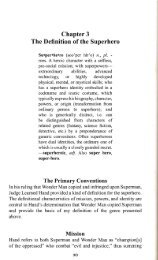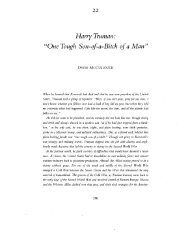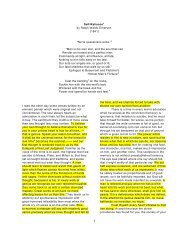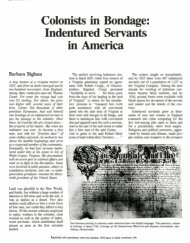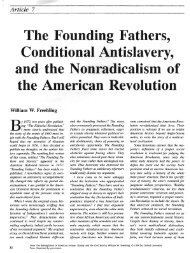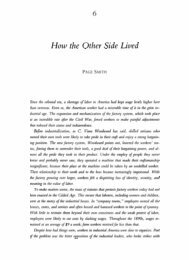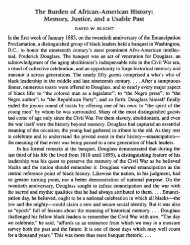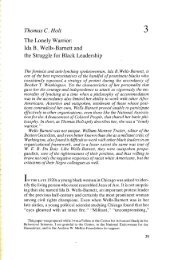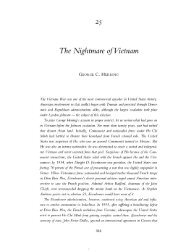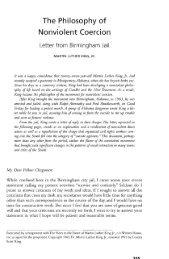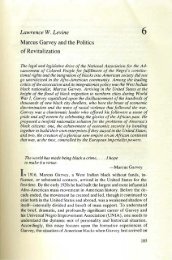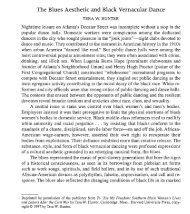Mary - Journeytohistory
Mary - Journeytohistory
Mary - Journeytohistory
Create successful ePaper yourself
Turn your PDF publications into a flip-book with our unique Google optimized e-Paper software.
Chapter 13 Losing the Peace 2 1In United States 'D. Reese the Court declared that the Fifteenth Amendment didnot confer the right of suffrage upon anyone. "It prevents the States or theUnited States ... from giving preference ... to one citizen of the United Statesover another on account of race, color, or previous condition of servitude," theCourt declared. In United States 'D. Cruihshank the Court held that the EnforcementAct of 1870 covered more offenses than were pun'1\"0 Up"CIl)CCou..t d"ci.iolls ishable under the terms of the Fifteenth Amendment and was,bnstcnillg tbe end therefore, unconstitutional. Neither blacks nor Republicansof RadicalReconstructioncould expect much support from a court that brushed asidethe very laws with which they hoped to implement the franchiseamendment. As far as the Court was concerned, the South was free tosettle its problems as best. it could.The campaign of 1876 was the great test for both parties. The Democratswere committed to a program to end Reconstruction in the South; the Republicanshad not openly promised to do so, but there was at least one wing of theparty that was willing to withdraw troops and leave the South to its own devices.In the three states that had not been "redeemed," South Carolina,Louisiana, and Florida, the election campaign approached civil war. The resultwas, in the case of the first two, a hotly disputed election with both sides claimingvictory and establishing dual governments. The presidency of the UnitedStates hung on the decision regarding their disputed votes. To break the impasse,the Republicans promised not only to withdraw troops but also to assistthe South in its long-cherished ambition to obtain federal subsidies for internalimprovements and better representation in affairs in Washington. Thus whenHayes became preSident, the South was soon assuaged in its grief by hisprompt withdrawal of troops. At last the South could rule itself without Northerninterference or black influence.With troops out of the South and in a spirit of great conciliation, Congressremoved other restrictions. In 1878 the use of armed forces in elections wasforbidden. In 1894 appropriations for special federal marshals and supervisorsof elections were cut off. In 1898 the last disabilities laid on disloyal and rebelliousSoutherners were removed in a final amnesty. Before the dawn of a newcentury there was complete recognition in law of what the South had itself accomplishedin fact even before the election of 1876.THE MOVEME T FOR DISFRANCHISEMENTAfter the Democrats returned to power in the South, they confronted the problemof finding ways either to nullify the political strength of blacks or to disfranchisethem altogether. Complete disfranchisement by state legislation wasviewed with some misgivings as long as the Fourteenth and Fifteenth Amendmentsremained a part of the fundamental law. Until it was feasible, the Democratscontented themselves with other methods-some extralegal, othersincorporated in state codes-of preventing black participation in politics.



